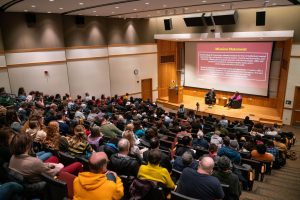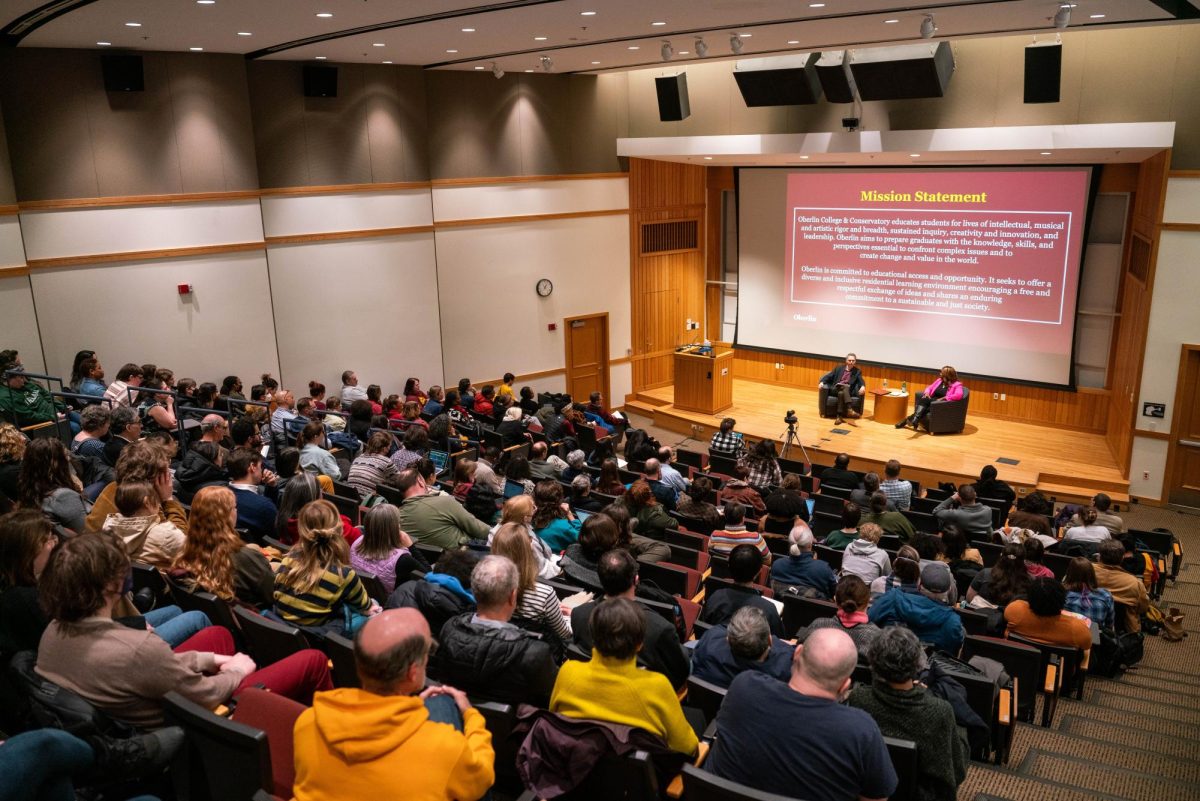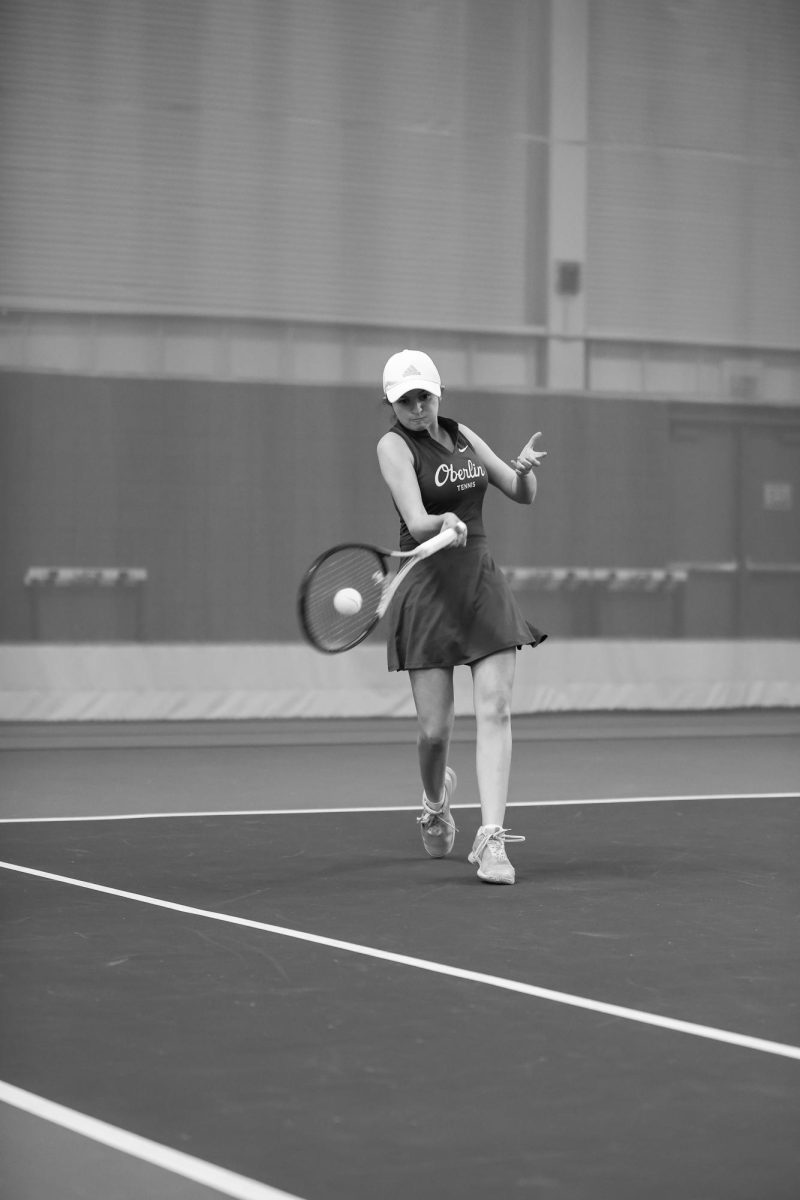Texas Excess Highlights National Concern
May 6, 2011
There’s a scene in the first season of Friday Night Lights in which Dillon High Panthers’ head football coach Eric Taylor is reprimanding Buddy Garrity, a big-money and big-haired booster for the team, for cheating on his wife. Buddy’s family is crumbling around him, yet, true to form, he can only focus on football. “[My wife] can cut off my head and stick it on a pike!” he exclaims. “But I’ll always care about the Panthers!”
This moment has been running through my mind a lot lately. It could just be because I have a soft spot for portly men with Texas drawls, but I’m inclined to believe it has something to do with the unsettling fact that American athletic culture has seemingly lost touch with reality.
Case in point: A high school in Allen, TX, a relatively affluent suburb just north of Dallas, is about to complete construction on a $60 million football stadium. I’ll give you a paragraph break to recompose yourself.
In the interest of full disclosure, the almost $120 million bond approved by residents in May 2009 will fund a fine arts auditorium and a service center for the school district in addition to the stadium. Allen High is also one of the top academic schools in the state; it’s not as though the money was badly needed for textbooks or teachers. Still, the stadium points to a fundamental flaw in the athletic culture of today: a complete and utter lack of perspective.
There is nothing inherently wrong with a $60 million stadium. Allen is a tight-knit community, and this palace will only serve to enhance that. As someone who has felt a deep connection with sports for as long as I can remember, I understand the desire to build something like this. It strengthens bonds in a way that cannot and should not be trivialized. This is not a stubborn refusal to acknowledge any merit in the Allen citizens’, but we have to come to terms with the darker realities that come with it.
I used to pass off articles such as this as sanctimonious lectures, diatribes inevitably shown to be overreactions fabricated by writers looking for a story; and for the most part, I still stand by that. Only now, in my opinion, it’s starting to push some boundaries.
While many people will look at the ongoing budget cuts in Texas and the sheer excess of Allen’s stadium, the effect it has on the athletes is most disturbing to me. There is a troubling loss of childhood involved, and that should be cause for concern not for the athletes’ lost innocence but for their lost opportunity to mature.
At the risk of resembling a mother at a terribly clichéd PTA meeting, what message does something like the stadium at Allen High convey to high school athletes and non-athletes alike? Imagine walking through the halls of your school believing that you are worth 65 million dollars. Especially to the malleable mind of a teenager, that is an incredibly intoxicating thought. My older brother once told me, “High school was the place you went to learn how to take crap from people.” Crudely put as it was, there is still very much to be said for experiencing the growing pains that ultimately shape who we become, and all of the aggravating baggage that comes with them.
The ramifications of the Allen High stadium are being seen at all levels of sport. Recently, Minnesota Vikings star Adrian Peterson made a comment likening his current situation as an NFL employee during the lockout to being a “modern-day slave.” Yes, this is a man making tens of millions of dollars a year in his mid-20s drawing parallels to slavery. This incomprehensible sense of entitlement outraged many across the nation, and rightfully so; but with the extreme notoriety and privilege garnered by athletes just reaching puberty, do we really have a right to be too appalled?
At the “Sportsphobia at Oberlin” Community Symposium panel, amidst a flurry of (perfectly valid) complaints about unfair preconceptions of and a lack of campus support for student-athletes, one of the few non-athletes in attendance touched on a key factor in the unspoken social segregation of Oberlin athletes. To him, the fact that Yeomen and Yeowomen are not treated as celebrities was one of the reasons he chose Oberlin in the first place. Maybe part of the reason athletics receive such lackluster support is a lot of students are tired of the privilege and the hubris increasingly associated with high school athletics.
Buddy Garrity always had his heart in the right place. Sometimes, though, his passion blinded him to its consequences.






















